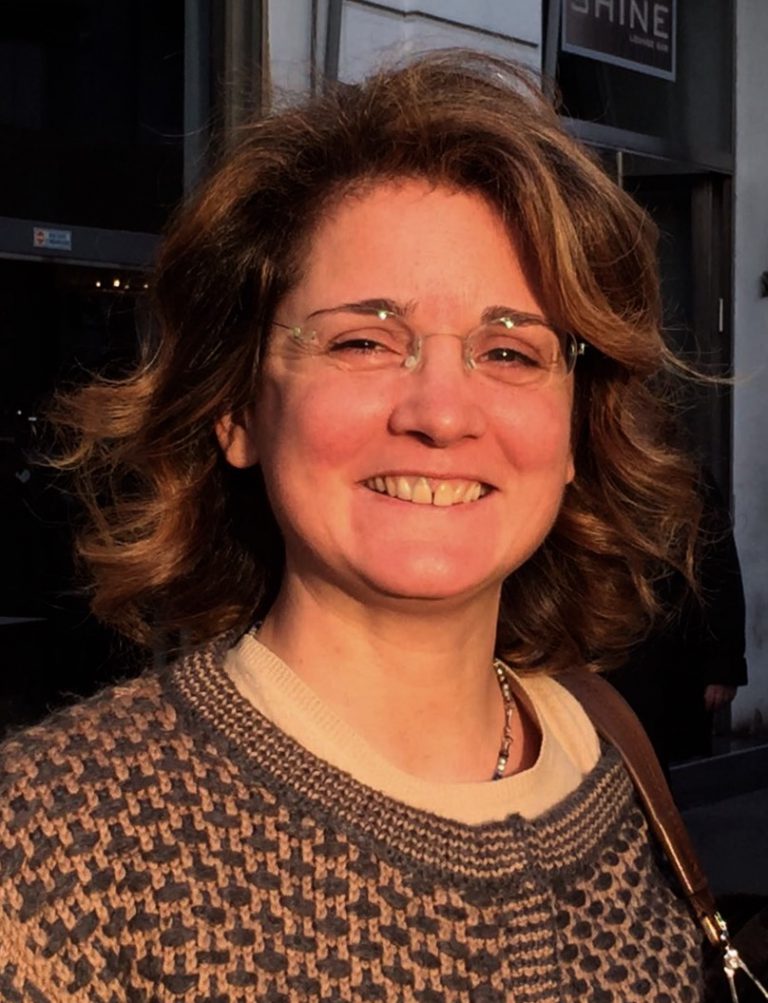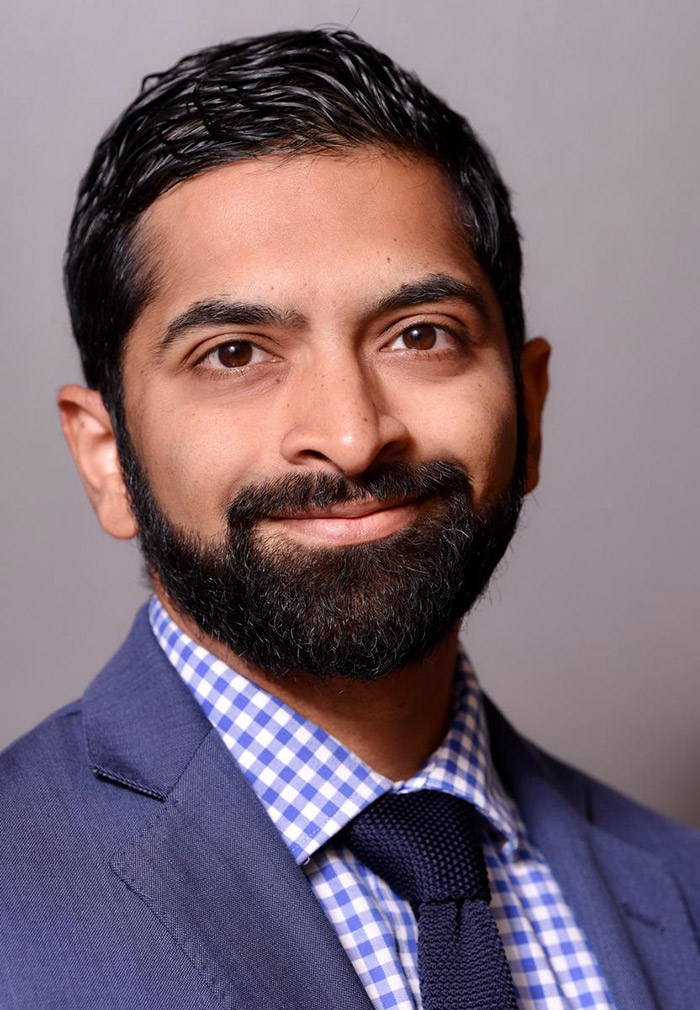American Dervish, by American actor and author Ayad Akhtar, is set in one of the many places in the world with vibrant Muslim communities. In this case: Wisconsin.
Akhtar skillfully develops wonderful characters. As I delved into this novel I kept wanting to find more and more time to read so I could find out what would happen to characters such as the main figure Hayat; Mina, a dear family friend; and Mina’s suitor, the kind Jewish doctor Nathan. Also, Akhtar powerfully tackles the serious, generally taboo topics of Jew-hatred and domestic abuse. (This courageous novel goes beyond abstract “anti-Semitism”; American Dervish confronts outright hatred and its real-life consequences.)
Quran “Translation” Conundrum
Along the way, American Dervish has one of the most interesting wrestling matches I’ve seen yet over whether or not to make the Quran accessible in languages other than Arabic for people who do not know Arabic. (While I as a non-Muslim am an onlooker to these intra-Muslim “wrestling” matches, I myself have sat through more than a few Catholic Masses in Latin trying to figure out why we weren’t using a language the people present would actually understand.)
I’ve read academic paper after academic paper on language and the Quran. I’ve listened to quarrels about whether renderings of the Quran in other languages should be called “interpretation,” “translation,” or “version.” Yet none of these analytic discourses have captured potential spiritual implications of this question for individuals the way Akhtar does in American Dervish. He gives the reader a view into this question through the eyes of the little boy Hayat as he emerges into the first inklings of spiritual awareness and begins to encounter the Quran.
Quran as Toxin vs. Quran as Tonic
Hayat’s father Naveed, an immigrant to the U.S. from Pakistan, where he was raised Muslim, is beyond fed up with those he views as nut-case Muslim fundamentalists. In Naveed’s mind, “mosque” = “den of hypocrites,” and “Quran” = “fundamentalist fuel.” Naveed doesn’t want Hayat to go near the mosque and forbids his son from reading the Quran. At first, none of this means much of anything to Hayat, who is more interested in ice cream and riding his bicycle.
Then Mina, a friend of Hayat’s mother from Pakistan, comes to stay with their family along with her five-year-old son. Mina is a delight. She is smart, vivacious, and she has a deep awareness that there is more to life than material possessions and social status. At the same time, Mina is divorced and now a single mother, a combination considered toxic in her social circles in Pakistan. Mina and Hayat’s mother hope some time in America will offer Mina some respite, and perhaps even a new lease on life, insulated from the social prejudices of home.
Mina’s spiritual life is rich, and the Quran is foundational for her. Mina is aware of Naveed’s “allergy” to anything with the label “Islamic.” So she keeps her conversations with Hayat, and eventually her Quran lessons for him, between the two of them. In these informal tutorials, Hayat awakens to beauty, mystery, and wonder. Mina emphasizes to Hayat, “[D]on’t just start with memorizing. Read it first. See what it means…Words don’t matter if you don’t know what they mean.” From this, on his own initiative and telling no one, Hayat begins memorizing chapters of the Quran from the copy Mina has given him. He uses his recesses at school to learn new chapters and practice until he has memorized them.
Hayat keeps hearing about a cousin three years older who has become a “hafiz,” i.e. one who has memorized the Quran. Every mention of this cousin includes praise and boasting. Hayat’s sense of relative belittlement and intimidation are only magnified when Hayat discovers that the cousin is coming to the U.S. to attend a family wedding.
Yet when Hayat meets this cousin who is treated like a saint by the family, it turns out the boy is a brat through and through, and quite a crude one at that. The boy’s father is proud of having invested in a tutor for three years to help his son memorize the Quran, “It cost me a fortune….” says the cousin’s father. “But it’s worth it. Heaven is worth every penny and a hundred million more.” As if one could buy heaven, as if this excuses this father for not investing in developing his son’s character. As for the boy, when he tells Hayat about the experience of memorizing the Quran and his views of the Quran itself, his mouth spews only disdain, disgust, and profanity: “What a f[***]ing nightmare… Memorizing that stuff. Like drinking castor oil every day for three years. Jeez-f[***]ing-Louise.”
The Quran for Hayat, on the other hand, is the text from which he has learned about mercy, compassion, kindness, all reinforced by the expression of these values in Mina’s character and her day-to-day life. These first encounters with the “saintly” Quran-hating hafiz cousin bring fissures of cognitive dissonance into Hayat’s life as he watches cultural prejudice and practice eclipse what he has been learning from the Quran. These fissures become canyons in the years that follow.
At the family wedding, Hayat and his cousin are called forward to share a Quran recitation with the audience. The cousin stops scowling just long enough to recite some verses. Much to Hayat’s surprise the recitation is in Arabic, a language this cousin from Pakistan does not know. The cousin is commended with looks of pride, the imam tells him “Wonderful….Just wonderful,” and there is robust applause from the audience. Next up is sweet little Hayat, who flawlessly shares part of the memorization he has worked so hard on. But it is in English, Hayat’s native and only language. The Imam, surprised to hear the Quran in English, interrupts Hayat rather than letting him continue. So ends his recitation. The best the imam can muster is to call it “original” while the cousin tells Hayat he’s a “moron.”
The Heart of a Marriage
The community’s praise for text without heart and condemnation of heart-based encounter with the text is a mirror of the community’s attitude to the marriage itself at this ceremony. I can’t tell you whose wedding this is, for that would be a serious spoiler. But this much becomes clear: a marriage that launches on such a trajectory comes to a landing that is gut-wrenching.
As for Hayat, a would-be American dervish of sorts, his head is sent spinning more into confusion than enlightenment, and Akhtar handles the complexity of this well (or, mostly well). Hayat is not simple. Even little Hayat struggles, and for a little while allows himself to be pulled along by cultural and social currents in spite of how counter these currents run to what Mina has taught him; Hayat learns the hard way that the results of this are terrible. (Less deft are Akhtar’s depictions of Hayat’s emergence into adolescence which are at times just plain jarring, more jarring than seems fitting to this novel.)
Overall, however, Akhtar weaves this tale well. And the confusion Hayat develops is the kind of confusion that can — eventually — be intensely fruitful. It is the confusion that asks hard questions when practice conflicts with the guidance of prophecy. It is the confusion that comes from thinking critically and from seeing the devastating human costs of failing to do so.
Raising Problems Is the Start to Solving Problems
The challenges American Dervish holds up to Muslim communities left me more hopeful than sad. A hefty portion of the novel is a powerful challenge to those Muslim communities that are silent about internal problems of Jew-hatred and domestic violence.
The unrelenting efforts of Muslims who are asking hard questions and thinking critically about serious issues within their community are deeply moving and impressive. In works such as The Prohibition of Domestic Violence and Islam and The Jew is Not My Enemy, Muslims themselves are the ones questioning some of these customary practices and examining what the Quran and the Hadith actually have to say on these topics. Significantly, this challenge is coming from inside Islam, from courageous individuals such as these authors and from the author of American Dervish, who are using their talents to raise protest.
Protest Akhtar does, delivering in American Dervish a one-two punch. I mean this almost literally. As the plot around Mina and Nathan unfolds, I was so saddened by what happens to them that it felt like a fist to the gut.
And this is the brilliance of American Dervish. Akhtar expresses the human consequences of Jew-hatred and domestic violence not in statistics but much more powerfully through the medium of a novel, in the lives of individual characters. In his creations of Mina and Nathan, and Hayat too, Akhtar walks the reader into a dreamland of a budding, genuinely loving relationship, and then through a wasteland of human devastation and destruction. And his depictions of both genuine love and terrible destructiveness are beautifully crafted. Akhtar is yet another Muslim who is silent no more.






